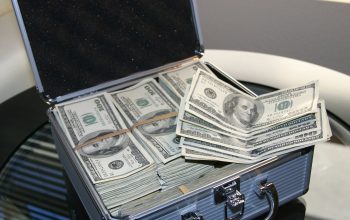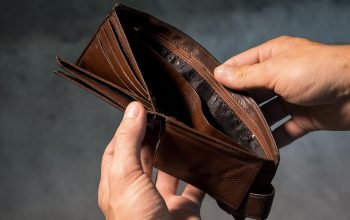Pre-Pack Business Finance is funding arranged specifically for the purpose of buying the functioning business of an insolvent company.
Bankruptcy is a serious option and not one to be taken lightly but, used properly it can be a useful solution to deal with unaffordable debt once and for all. But what should you expect after bankruptcy?
After having gone through the bankruptcy process, all the sacrifices, the scrutiny of your monetary situation and the long term impositions placed on every aspect of your personal finances and the perceived stigma from being a bankrupt, there will come a time when the ordeal is over, you’ll become ‘discharged’ and you can get back to your life as normal. More or less.
Orders and Undertakings After Bankruptcy
Once you’ve become a discharged bankrupt, all the restrictions placed on you during the process will be lifted, unless that is, you’ve also been subject to a Bankruptcy Restriction Order or agreed to a Bankruptcy Restriction Undertaking. If a BRO or BRU is in place, there will be restrictions placed on you after the bankruptcy has ended, so it’s important to comply with these for their duration.
A charging order on the value of your house could be in place for up to three years, similarly, an income payments order may see you paying money from your wages into your bankruptcy fund for up to three years after you’ve been discharged.
Credit After Bankruptcy
During the Bankruptcy, it was, to all intents and purposes, impossible to get credit. These restrictions will start to be lifted after you’ve been discharged. However, the bankruptcy will still be a part of your financial records (usually for six years) and this is likely to affect your ability to get credit. If you are able to borrow money, it is likely to be at a higher rate of interest.
Before applying for credit, consider the cause of your bankruptcy and whether this would be retreading the same path which got you into difficulty in the first place.
You can expect to be refused credit and to pay a premium for any you are able to obtain. Starting small and being fastidious in making repayments will start to help you rebuild your credit score. Although, once again, be very careful not to revert to the behaviour which caused the bankruptcy in the first place.
Make Sure Your Credit Files Are Updated After Bankruptcy
While the Individual Insolvency Register will likely be updated automatically, it’s worthwhile checking your other credit files as there’s a chance that they may not be automatically updated to show you’ve been discharged. If you need to prove to the holders of these records that this is the case, you’ll need to ask for a confirmation letter or email to forward on. In some cases, you may be asked for a certificate of discharge to prove your bankruptcy is over, which you’ll need to obtain from the court and which are currently chargeable at £70 for the certificate and £10 for additional copies.
Assets and Directorships After Bankruptcy
Once you’ve been discharged and depending on the specifics or your circumstances, you’ll once again be able to act as the Director of a Limited company. Any assets you come into ownership of after your discharge cannot be claimed by the Official Receiver.
Life After Bankruptcy – A Hard Lesson Learned
Having been through the mill of bankruptcy, it’s often surprising how many people find themselves in the same situation again afterwards.
Once you’ve been discharged, make sure you take stock and are aware of how you came to be bankrupt and keep an eye out for those habits and situations which could cause a reversion and a second bankruptcy.
As experts on personal and business insolvency, we’re also well aware of how people and companies get to be in financial difficulty, insights which we can share with you to help you avoid common pitfalls and help you rebuild after having been bankrupt.
Speak to us, we can help.



